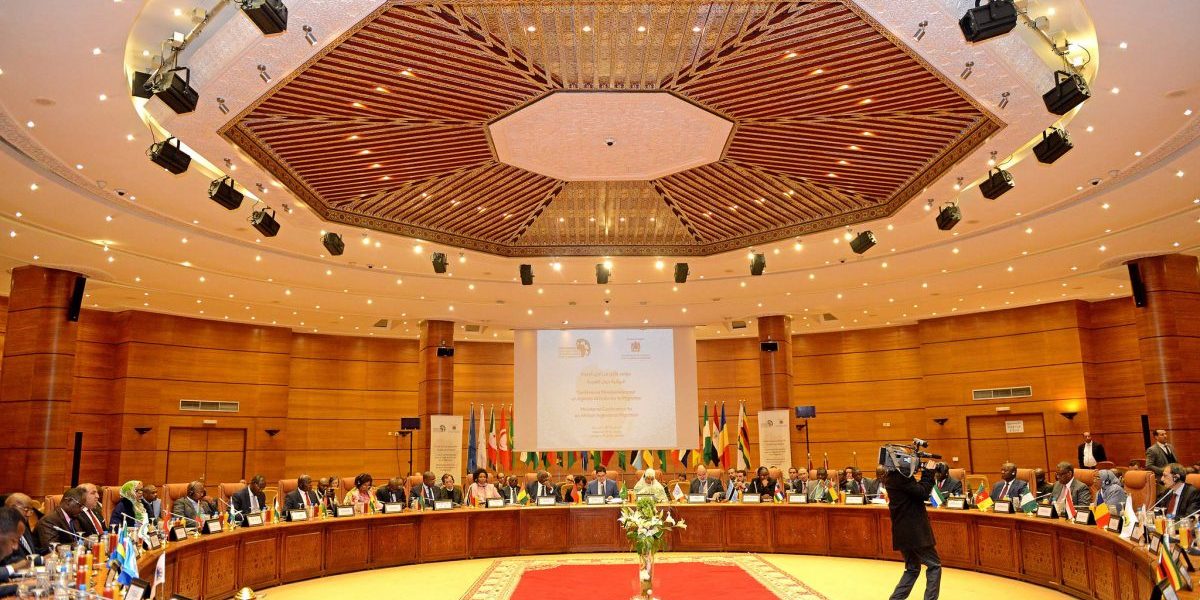This Handbook is one product of a SAIIA four-year research, publication, conference and workshop programme designed to assist in this process. Young and relatively fragile, most SADC parliamentary democracies exhibit the formal, constitutional and institutional architecture of western democracies, but often lack the ‘inner stuffing’ of long-established democracies. Yet encouragingly, with the assistance of the international donor community, many SADC parliaments are conducting modernisation and reform programmes, while others established stronger committee systems and are even showing signs of conducting greater oversight of their executive branches. Despite such initiatives, the political, programmatic and communication gulf between parliament and the electorate, which is only temporarily bridged during election campaigns, is vast. This is exacerbated by generally weak civil society and parliament often ad hoc or pro forma. The first section of the Handbook makes a number of suggestions, emerging from the findings of the SAIIA research programme, to improve the performance of SADC parliaments in their deliberative, legislative, oversight and public engagement practices. The second section is adapted directly from the excellent Guide to Advocacy produced by the Legal Assistance Centre in Windhoek, Namibia. We are grateful to LAC Director Dianne Hubbard for permission to reproduce parts of the guide. The third section of the Handbook is a useful compilation of contact data for anybody involved in democracy, governance and development work in each of the 14 SADC countries.
ISBN: 1-919969-14-4








